Achieving electricity independence for the Western Cape from SA’s national grid
WHITE PAPER: Electricity independence for the Western Cape

Own your future | Besit jou toekoms

Achieving electricity independence for the Western Cape from SA’s national grid
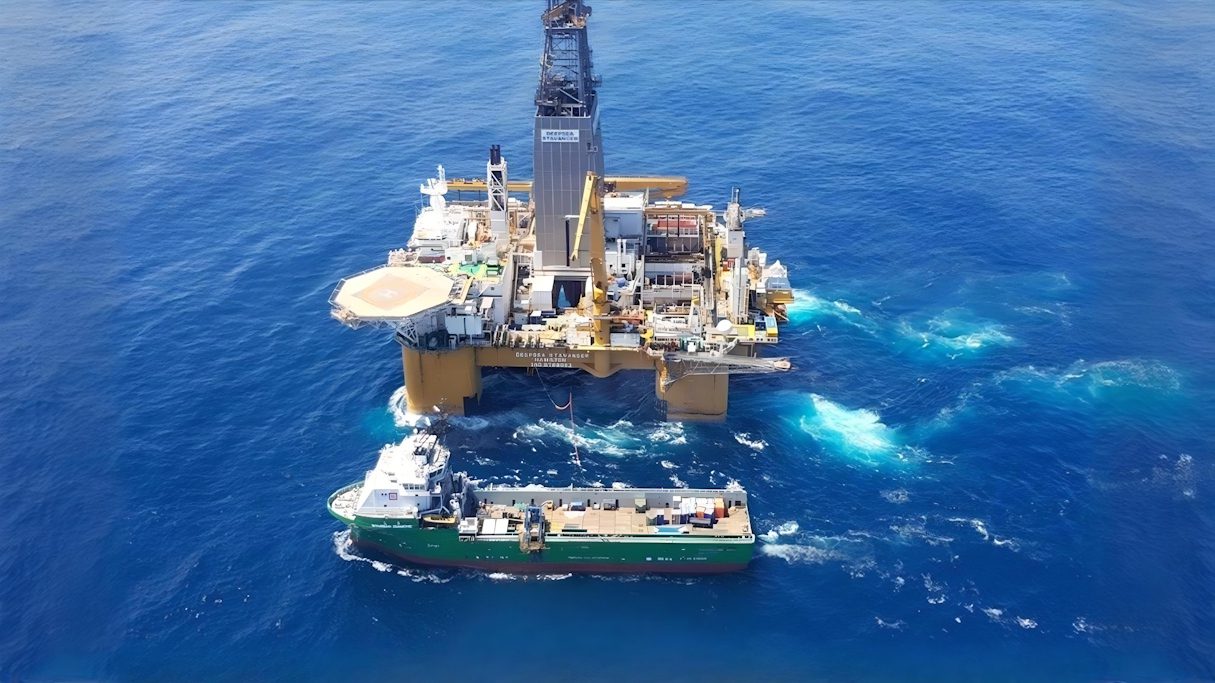
An independent Western Cape has the potential to achieve energy independence from South Africa in oil and gas.
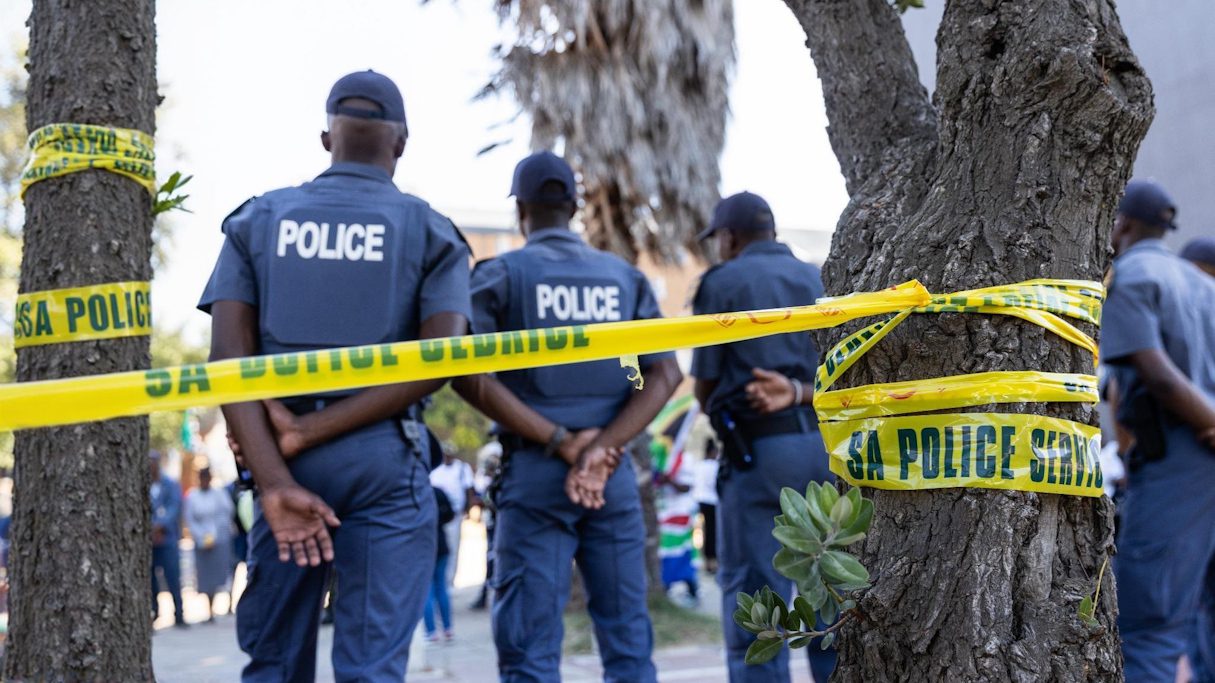
A provincial referendum to secure a resounding public mandate for devolving police powers could curb violent crime rates.
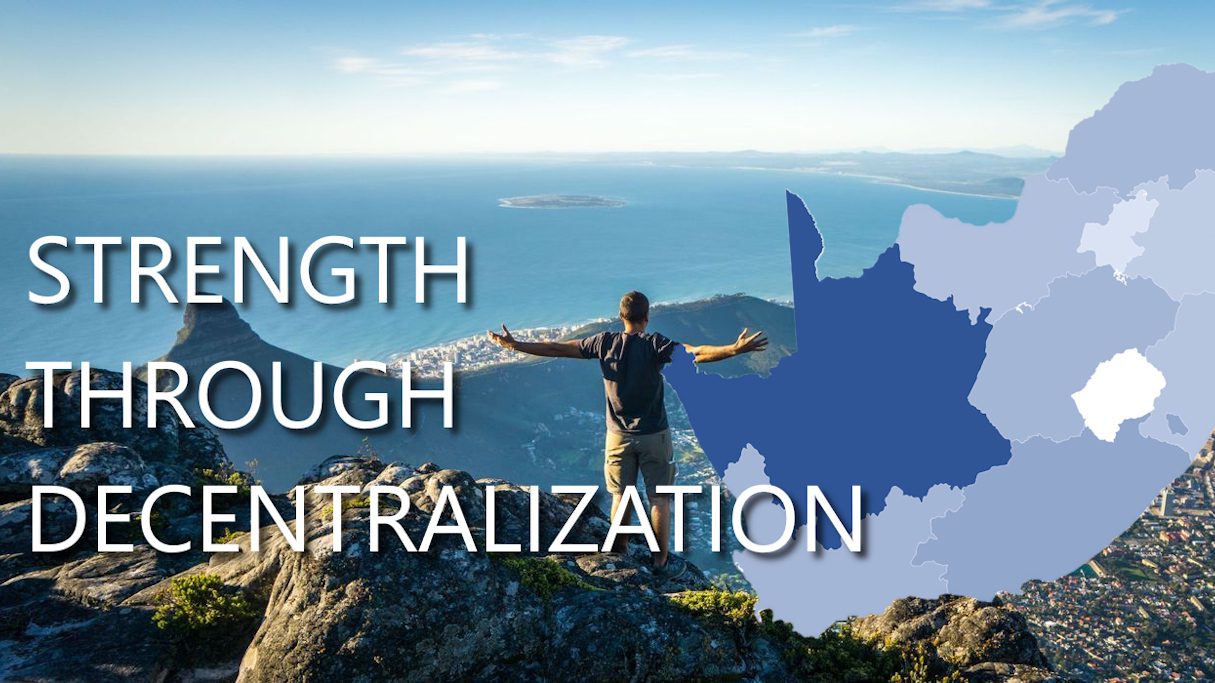
South Africa cannot fix inequality through more central control. A transparent, rules-based system of decentralized governance can empower provinces and municipalities to deliver fair, accountable, and efficient public services. The proposed Equalization and Standards model combines need and effort in a simple formula to ensure every community reaches basic service standards while rewarding good governance. Instead of hoarding power in Pretoria, a stronger GNU must share it — building fairness through decentralization, transparency, and trust.
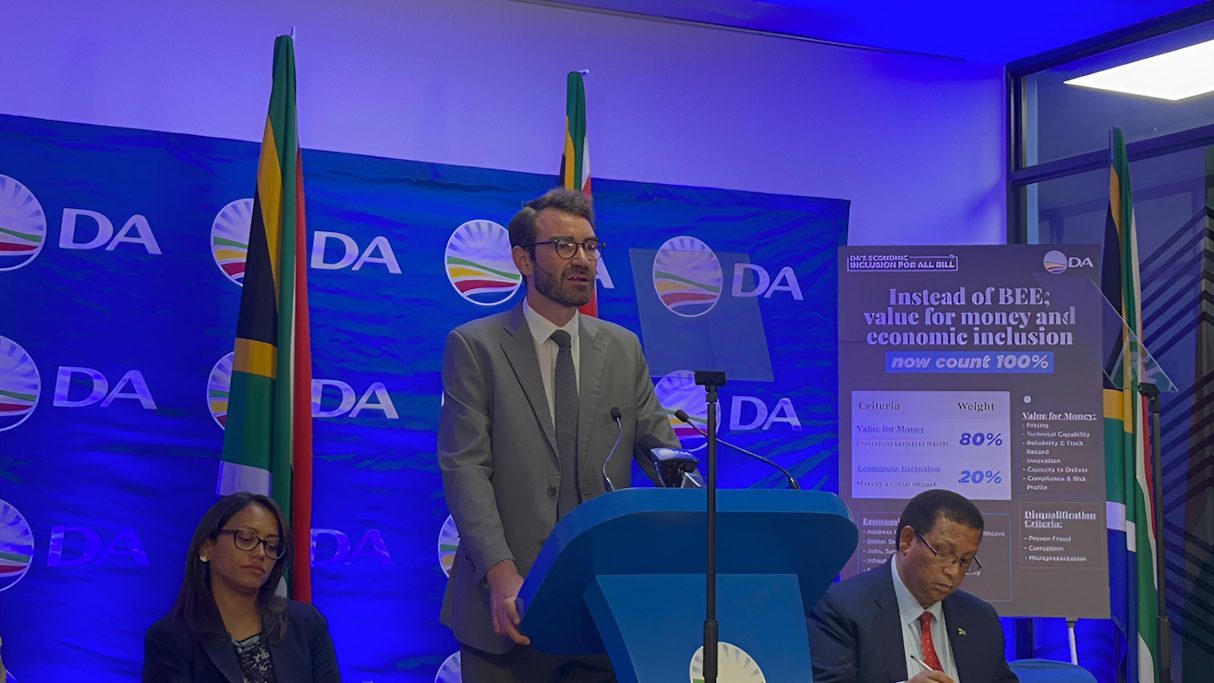
The DA’s new Public Procurement Amendment Bill is unlikely ever to become law — but that may not be the point. In this analysis, Dr Joan Swart argues that the Bill is political theatre with a serious message: South Africa’s race-based empowerment model is failing, and the economy urgently needs a transparent, outcomes-based approach that restores investor confidence and rewards real development.

The Western Cape’s success story proves what good governance, accountability, and community spirit can achieve. Yet national failure continues to hold the province back. In this summary of Alex Penhaligon’s “15 Reasons for Western Cape Independence — Explained Simply,” the key case for self-rule is laid out clearly: fiscal fairness, local accountability, energy freedom, and the right to decide our own future.

The Western Cape has proven that honest governance and disciplined management deliver real results. But to unlock its full potential, it must gain more control over its finances, policing, and infrastructure—and invest deeply in education. Only by “educating forward” can we build a fairer, more prosperous future for every child and community.

The Cape Independence Party (CAPEXIT) has lodged a criminal case against Stellenbosch Municipality, exposing alleged illegal construction and environmental destruction in the Botmaskop Nature Area—part of the Cape Winelands Biosphere Reserve. The case accuses municipal officials of authorizing roads, sewer lines, and other infrastructure on protected land without required Environmental Impact Assessments, causing severe damage to threatened ecosystems and endangered species. CAPEXIT demands accountability, restoration, and the resignation of Municipal Manager Geraldine Mettler.
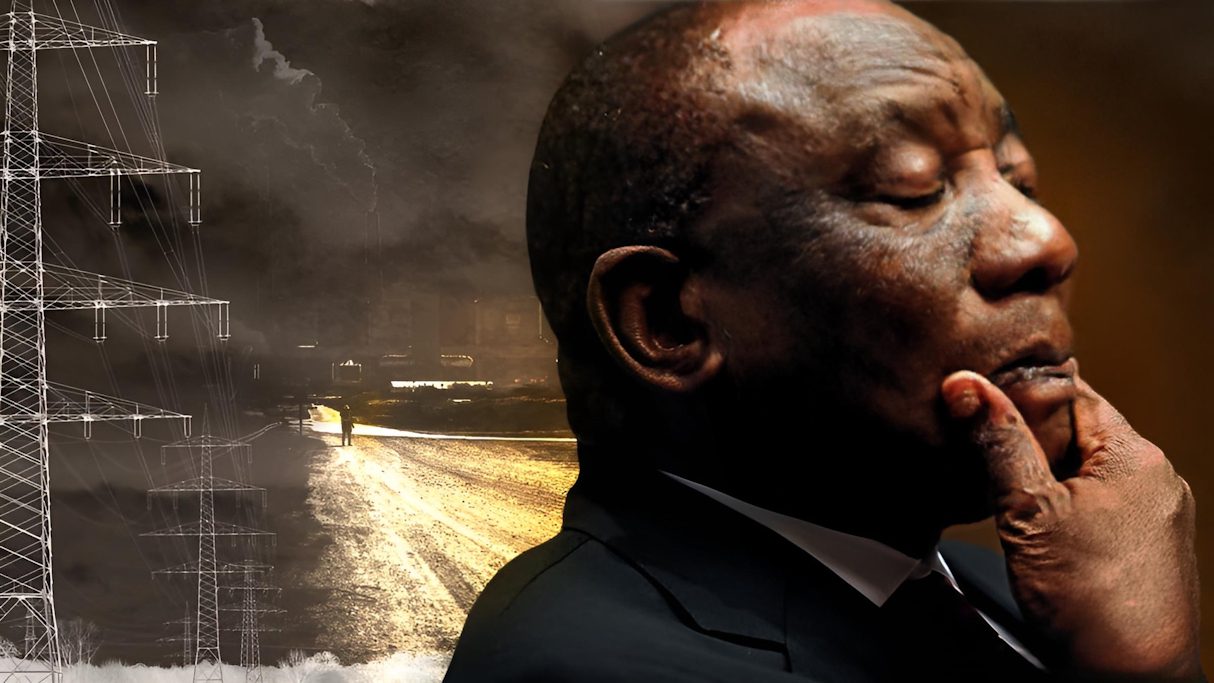
When corruption, negligence, and indifference cause thousands of avoidable deaths each year, a government becomes complicit in the suffering of its people. From collapsing hospitals and roads to rising murders and hunger, South Africa’s crisis is one of moral failure. It is time for citizens—especially in the Western Cape—to reclaim their right to self-determination.
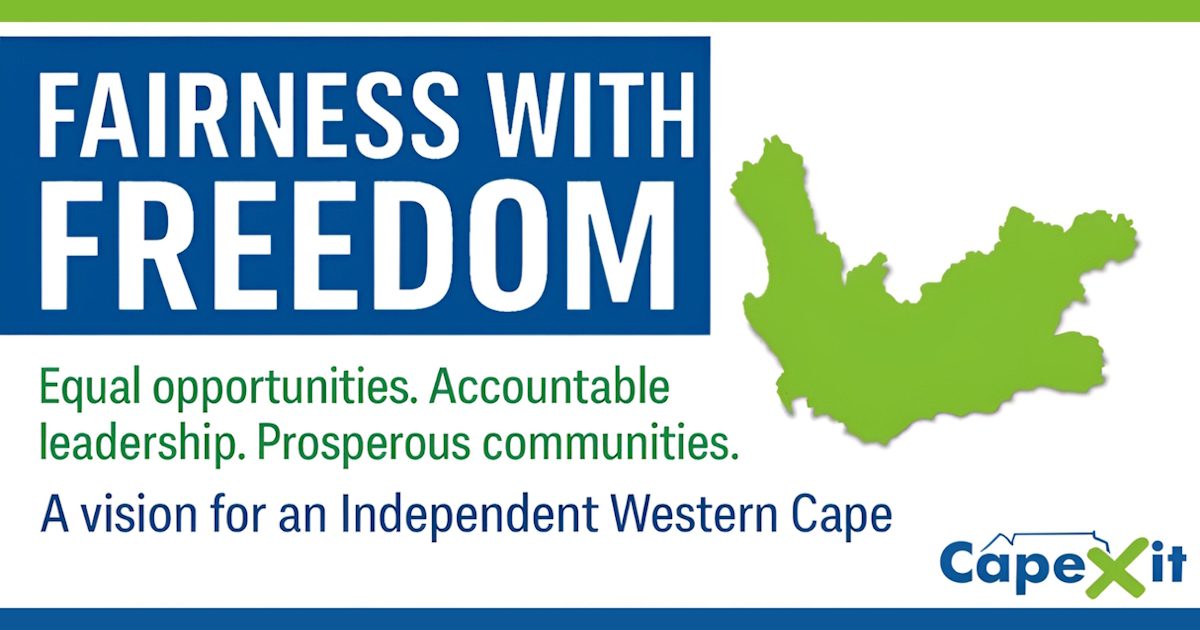
An independent Western Cape can achieve both fairness and freedom through a transparent canton-style system of local governance. The proposed Equalization and Standards Act ensures that every community meets minimum service levels for education, healthcare, safety, and infrastructure while rewarding efficiency and accountability. Instead of political redistribution from Pretoria, this model empowers local decision-making with transparent, rules-based funding—proving that independence can unite, not divide, the province.